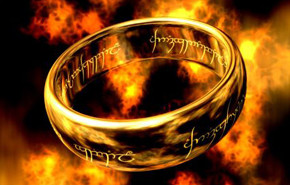In the last few days there has been quite uproar over a
recent news event in certain circles. It is difficult to find a story covering
it on CNN, only days after the revelations were released. The story is
Wikileaks and their release of more than 8,000 documents from their so-called
Vault Seven, one of, if not the largest release of Classified Spy Programs in
world history. The information is troubling, to say the least, suggesting that
the CIA, and by extension, US Federal Government has the ability to hack smart
phones, televisions, computers, and even vehicles. They even have the ability
to access data before encryption is used.
This revelation, in addition to
past releases by Edward Snowden and others, poses many questions that in all
reality shake at the very core of Constitutional Rights. We know where the
government stands in the question, FBI Director James Comey said, “There is no such thing as absolute privacy in America; there is
no place outside of judicial reach.” In a further clarifying statement, “Even
our communications with our spouses, with our clergy members, with our
attorneys are not absolutely private in America.” He was speaking primarily
about the court’s ability to compel testimony. This is an extremely disturbing
conclusion, even without taking into account the leaks.
The question is, what precedents
can we find in history relating to this new practice of near absolute
surveillance. One could easily compare it to works of fiction, most notably 1984 by George Orwell, The Minority Report by Phillip K. Dick,
or Brazil, film by Terry Gillam, but
we can also examine mass surveillance in history.
